Serbia "step away" from arrangement with IMF
Aleksandar Vučić has said that the talks with a visiting IMF delegation will finish on Thursday.
Wednesday, 19.11.2014.
16:53

Serbia "step away" from arrangement with IMF
Voicing confidence that the arrangement will be reached, Vučić has said that this will show that the IMF, World Bank (WB) and the European Bank for Reconstruction and Development (EBRD) back Serbia's reforms and economic measures.In an interview to Radio-Television of Serbia (RTS) on Tuesday evening, the prime minister noted again that the next year will be rather difficult, but not more difficult than this one, and underscored that the first results of the reforms and consolidation measures will be seen in 2016.
Even according to the estimates by a conservative financial organization such as the IMF, Serbia will have a GDP growth of 1.5 percent in 2016, and next year even up to two percent, Vučić said, adding that he believes that this growth will be somewhat higher, as he expects that the privatization of the Smederevo-based steel mill, Pančevo-based mineral fertilizer plant, and the Priboj-based truck factory FAP will be successfully completed.
He said that there will be no new austerity measures next year, referring to the recently introduced pension and salary cuts, as the state is making spending cuts in many ways, by trimming administration costs, funds for financing of political parties.
On the other hand, the state stepped up the excise and VAT collection, and the collection of taxes from tycoons is higher than ever.
Vučić said that the government has no intention of raising the VAT of 20 percent, which is now the lowest in the region, but rather to make the best possible business climate and attract more foreign investors.
To all who are interested in investment, Serbia can guarantee the political and economic stability based on the clear IMF-backed program and the market of one billion people as it is the only country that has free trade agreements with the EU, Turkey, Russia, Belarus, Kazakhstan, Vučić said.
The prime minister noted that the difficult measures for putting public companies in order, improving the public sector's work and strengthening the economy should have been taken much earlier, and that now there can be no stepping back.
He said that he understands teachers and the largest part of health care workers who are against reducing salaries above RSD 25,000 by 10 percent, but that no one will be exempt.
"So far, we have spent more than we have earned," Vučić said, underscoring that this is why structural reforms and austerity measures are necessary for the state to survive, to ensure conditions for youth employment and Serbia's recovery.
"Whether we will succeed in this-that depends on whether we will all together set down to work, be united, and whether Serbia will be more important to us than our partisan differences," the Serbian prime minister concluded.











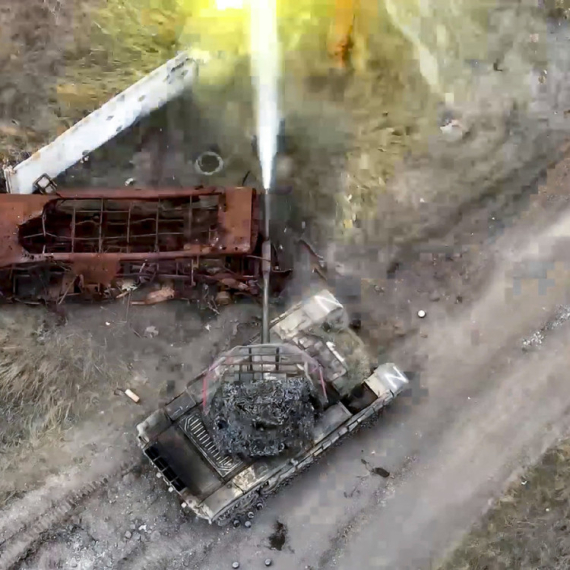


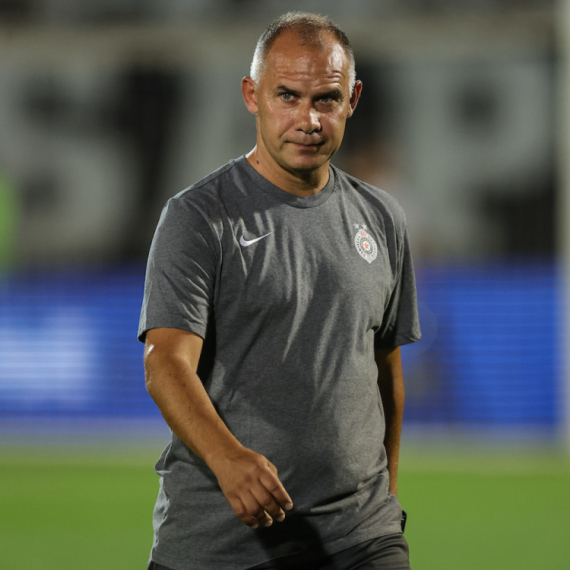










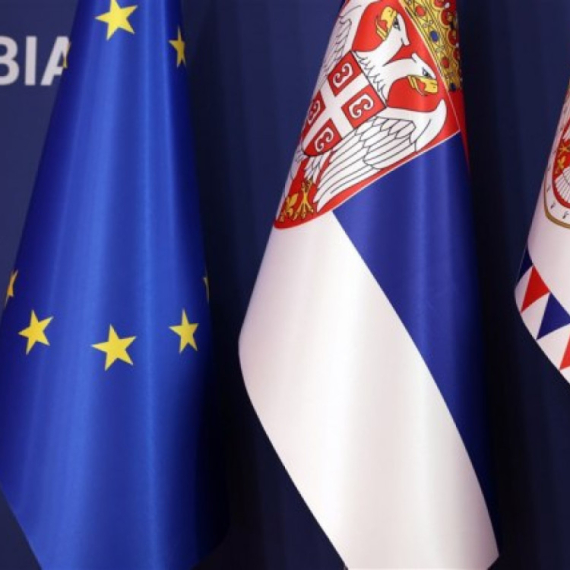
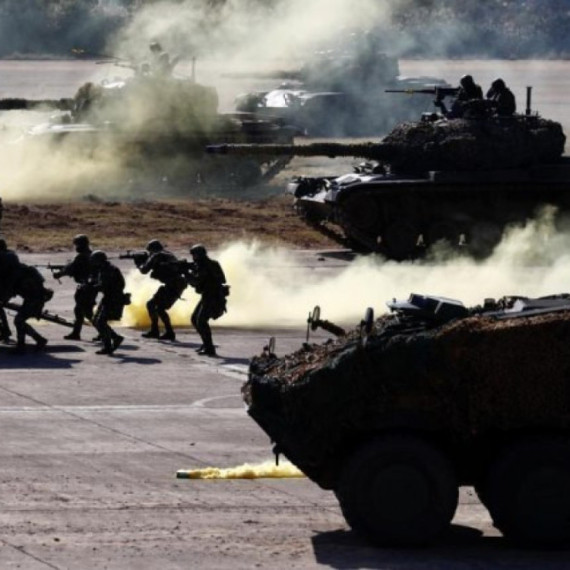
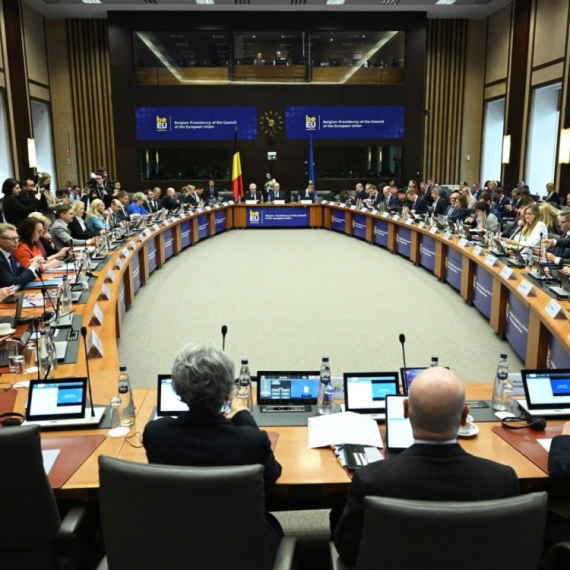
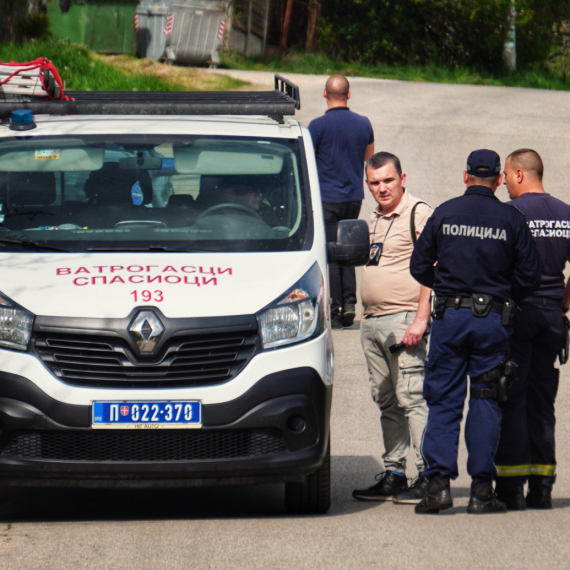
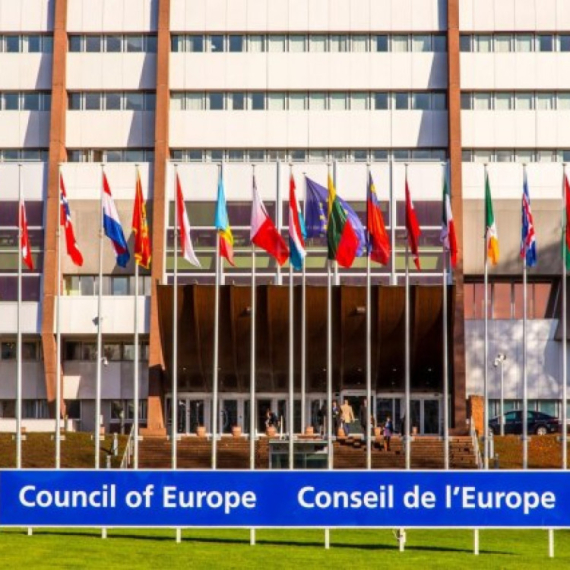








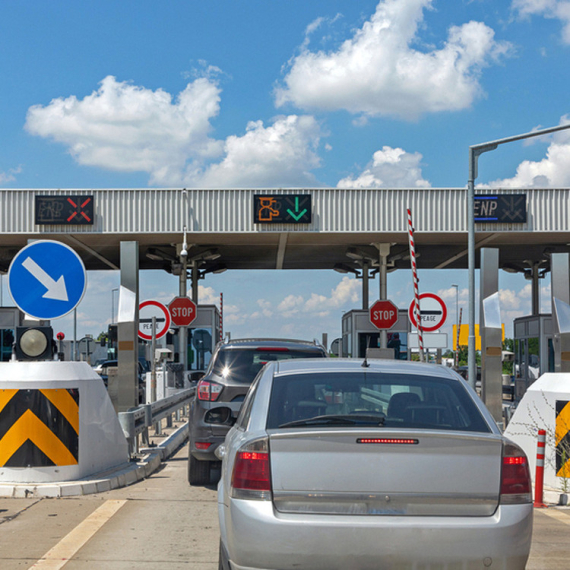







Komentari 0